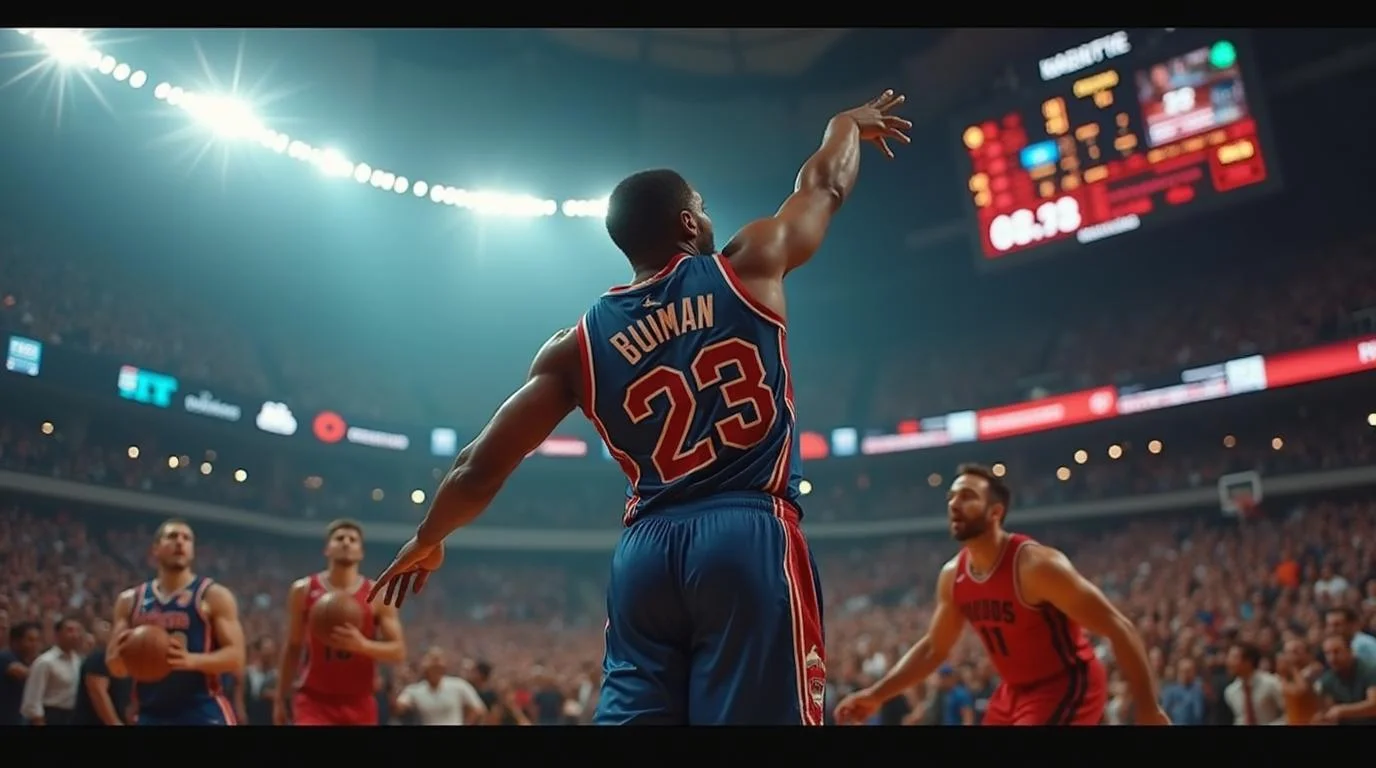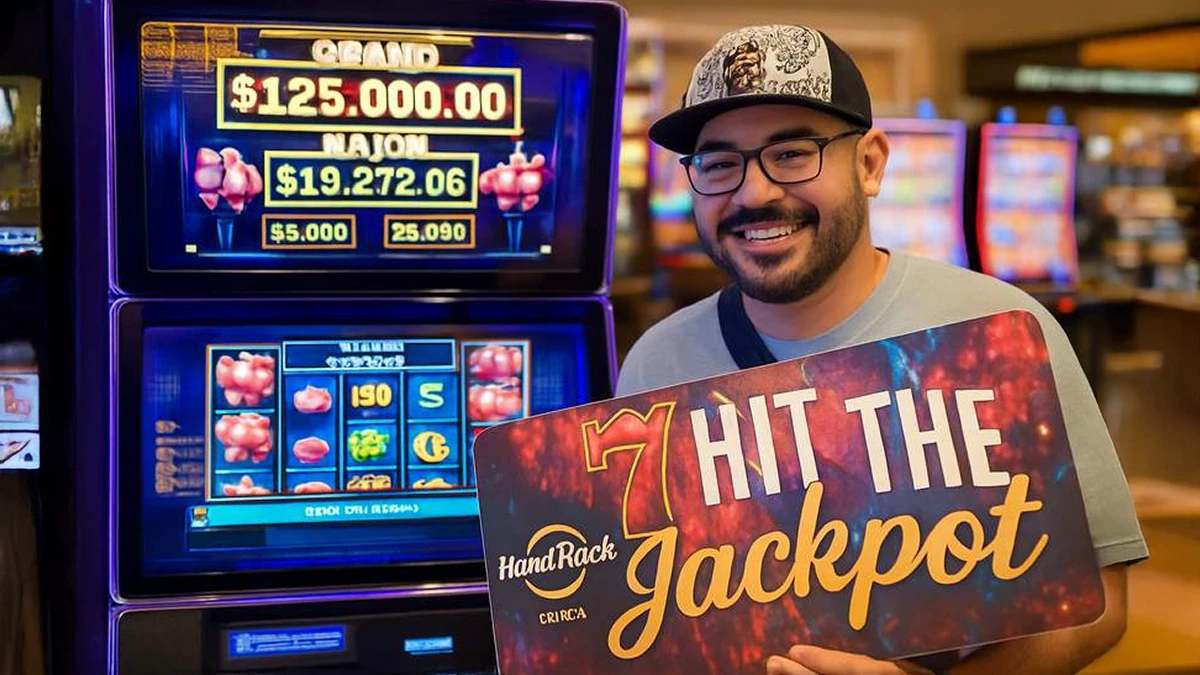Plaintiffs Sue IGT, Wheel of Fortune Slot Makers, and Others for Defrauding Casino Patrons

1.0
Default
A lawsuit was filed just last week by four plaintiffs in Nevada, accusing the Wheel of Fortune slot machine makers of defrauding patrons. The slot, developed by IGT, purportedly deceives players into thinking that they will have an equal chance at winning due to the 'spinning' of the wheels, just like in the famous game show. But the wheel's operation doesn't follow the laws of physics - instead, the outcome has been predetermined by a computer inside that the defendants have programmed.
A recently-filed lawsuit in the Nevada court alleges that the iconic Wheel of Fortune slot machines, a staple in casinos across the United States, have been "systematically defraud[ing] casino patrons out of their hard-earned money." The lawsuit, brought forward by four former players, targets the machines' manufacturer and distributor, IGT, as well as other prominent casino operators such as Bally's Corp, MGM Resorts, and Penn Entertainment.
The plaintiffs argue that the bonus-wheel feature, which mimics the spinning wheel from the beloved TV game show, misleads players into believing they have an equal chance of landing on any segment. They claim the design creates the illusion of a mechanical spinning wheel governed by random physics, akin to a roulette wheel, when in reality, the outcome is predetermined by an internal computer program.
Predetermined outcomes, misleading appearances
According to the complaint, the bonus wheel does not operate "pursuant to the laws of physics." Instead, the wheel's outcomes are controlled by a Random Number Generator embedded in the machine's programming, which is designed to stop the wheel more frequently on segments with lower monetary values.
The lawsuit likens this setup to "a roulette wheel with a magnet surreptitiously affixed beneath the green zero and double-zero segments," suggesting the game's mechanism is rigged to favor the house. At the heart of the complaint is the assertion that the Wheel of Fortune branding - intimately tied to the long-running game show - further reinforces a perception among players that they are competing on fair and equal odds. Plaintiffs claim this association amounts to a "false representation" of the game's mechanics.
Seeking damages and changes
The plaintiffs are not just seeking compensatory damages but also aim to represent a broader class of players who have wagered on Wheel of Fortune slots at the named casinos. Additionally, they are requesting an injunction to prevent the continued operation of the machines in their current form.
The Wheel of Fortune slot machines, like all modern slot games, operate on RNG technology, which determines outcomes at random according to predefined probabilities. For instance, if the bonus wheel has 24 segments, each segment is assigned its own odds of being selected. While players do not have an equal chance of hitting every segment, regulators consider the games "fair" because all players face the same predetermined odds for each outcome.
These probabilities are tightly regulated by gaming authorities, with slot machines required to maintain a theoretical payout percentage, also known as Return to Player. This RTP is set by the manufacturer and approved by regulators in each jurisdiction. In Nevada, for example, state laws authorize the Nevada Gaming Commission to oversee and approve the RNGs as well as game codes for all slot machines, ensuring compliance with established regulations.
A questionable path forward
The lawsuit's central argument hinges on whether the Wheel of Fortune slots create a misleading perception of fairness due to their visual and thematic similarities to the TV show's spinning wheel. However, the machines' compliance with regulatory standards may complicate the case's trajectory.
Legal experts note that federal judges may face challenges in overriding the longstanding approval of these machines by state regulators. Since Nevada laws explicitly legalize slots and grant the Gaming Commission authority over their operation, the plaintiffs may struggle to prove their claims in a way that resonates within federal jurisdiction.
Industry and regulatory backdrop
The Wheel of Fortune slot machines have been a flagship product for IGT, generating significant revenue for casinos and earning a reputation as one of the most popular branded slots. Regulators nationwide have consistently approved the game's dynamics, bolstered by the assurance that RNG technology ensures fairness under the rules.
While the lawsuit demonstrates player frustrations about perceived fairness in casino games, experts suggest it will likely encounter legal roadblocks. The RNG ensures every player has an equal chance for the same outcome, even if the odds vary per segment, noted a gaming law analyst familiar with the case. That's the standard regulators have upheld for years, the analyst adds.
























